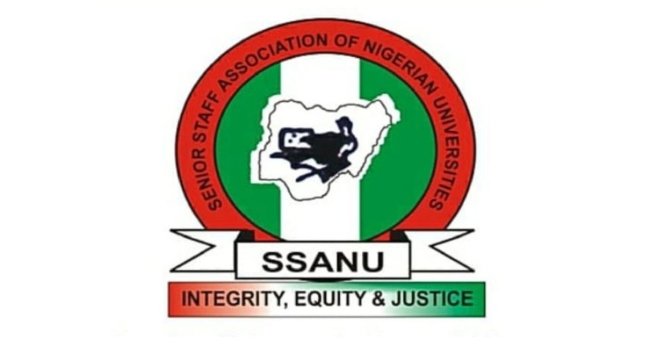The Senior Staff Association of Nigerian Universities (SSANU) in the South East has urged the Federal Government to urgently resolve salary disparities and unpaid entitlements, warning that continued neglect could cripple the nation’s universities.
The union issued the call on Thursday during a zonal workshop themed “Strategies for Building Formidable Union Leadership: A Practicable Approach”, which also featured papers on stress management and the evolving challenges of trade unionism.
SSANU criticised the imbalance in the disbursement of the ₦50 billion earned allowance, noting that one union received ₦40 billion, while SSANU, NASU, and NAAT shared only ₦10 billion. It demanded the release of at least ₦100 billion to the three non-teaching unions to correct previous shortfalls.
The union rejected the reported recommendations of the Nimi Briggs Committee, which allegedly proposed a 100% to 10% salary increase ratio between ASUU and other unions. “SSANU South East Zone says no to salary disparity. We totally reject any implementation of the Nimi Briggs proposal,” the statement read.
It further demanded the resumption and conclusion of the 2009 renegotiation agreement and cautioned the Office of the Head of Service against encroaching on the statutory functions of university governing councils.
SSANU also raised concerns over unpaid deductions, accusing IPPIS of failing to remit third-party payments from withheld salaries. The union urged the government to release these deductions, pay two months of withheld salaries, the ₦35,000 salary award, and 12 months of 25%/35% arrears.
Warning of looming industrial action, the union stated: “There is growing concern and palpable fear of a total shutdown of the Nigerian university system. Nigerians should hold the Federal Government responsible if that happens.”
Beyond university matters, SSANU expressed dismay at worsening living conditions, poor infrastructure, and rising insecurity. It criticised planned tax reforms, high fuel prices, and the deplorable state of roads, which it said contributed to insecurity.



